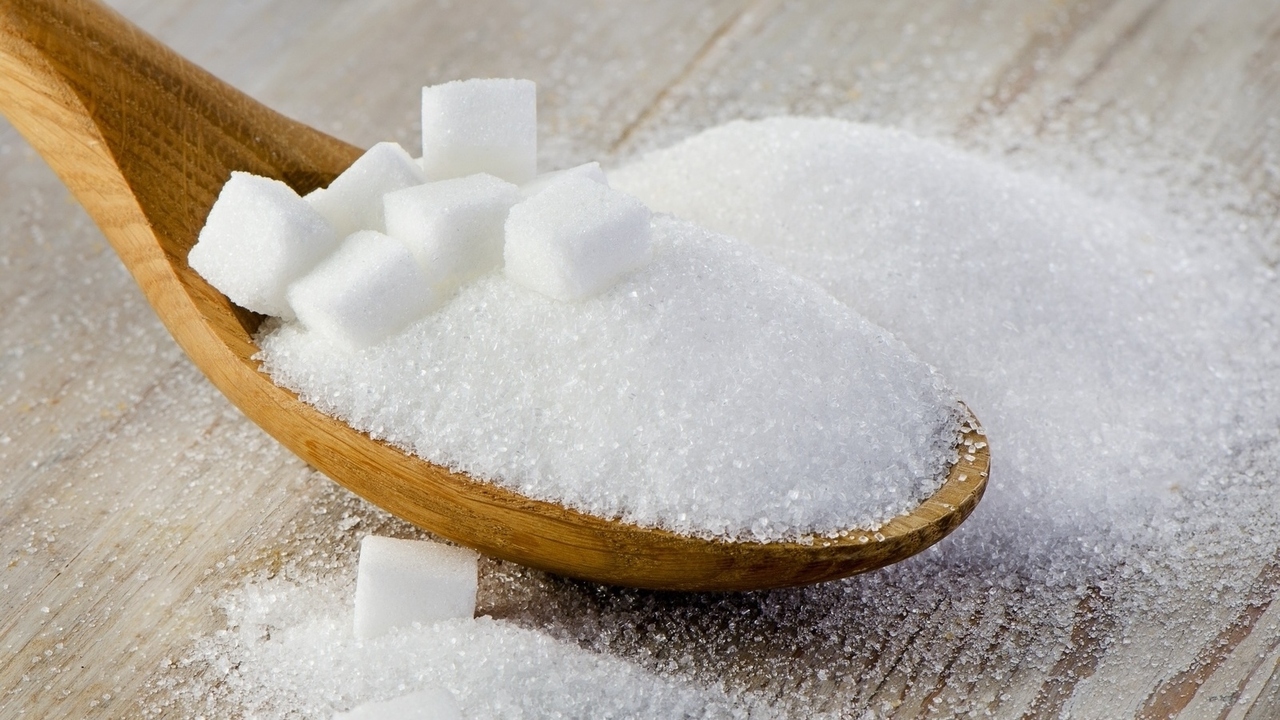
ICUMSA is a world-wide body which brings together the activities of the National Committees for Sugar Analysis in more than thirty member countries. Work is carried out under various Subject headings, each headed by a Referee.
Methods are recommended for tentative approval by ICUMSA in the first instance. Upon meeting all of the Commission’s requirements, methods are accorded official status. Methods which are demonstrably useful and have found an established application, or which do not lend themselves to collaborative testing are given an Accepted status”
An ICUMSA rating is an international unit for expressing the purity of the sugar in solution, and is directly related to the colour of the sugar. Be aware that there are different types of ICUMSA units. For Brazilian sugar, the lower the ICUMSA figure the whiter the sugar. However, this is not the case in the E.U. for some unknown reason, which has been the subject of much discussion.
SGS of Sao Paulo has published specifications for ICUMSA numbers for E.U. product which run contrary to the Brazilian specifications; for example, in Brazil SGS has an ICUMSA rating of 45 rbu for refined, indicating the highest quality, with other grades of lower quality (such as Special Extra Crystal) having a higher ICUMSA of 150 and so forth. This rating method is confirmed by the Institute of Sugar and Alcohol in Brazil.
Steps to get our sugar product
AGRICULTURAL PRODUCTION
Soil preparation and correction, Planting, Fertilization, Fertigation, Pest Control, diseases and weeds, are some of the several operations that make up the cane production process, making available in quantity and quality suitable for harvesting
HARVEST
Our sugarcane fields are harvested through a mechanized process, using leading edge technologies such as high performance machines, high precision GPS, 4G communication, among others.
TRANSPORT
Then, high-capacity trucks transport the cane from the cane fields to the mills
MILLING
The sugarcane is then milled for the extraction of the broth, used in the manufacture of sugar and ethanol. This process also results in bagasse, intended for the production of bioelectricity.
TREATMENT
The broth is treated for the removal of soluble and insoluble impurities. This is done by heating, chemical treatment, settling and sifting.
EVAPORATION
Once treated, the clade undergoes the evaporation process, which removes more than 75% of the water. The result is a concentrated syrup.
BAKING
Baking performs the crystallization and recovery of the sucrose from the syrup, which is turning into a mass.
CENTRIFUGATION
After baking, the dough is centrifuged for physical separation of the sugar. The centrifuged sugar is washed with hot water and steam, which generates molasses as a by-product.
DRYING
In the process, the sugar loses all its moisture and is then sifted. At the end of drying, the sugar is ready to be marketed.
 English
English العربية
العربية Português
Português Español
Español